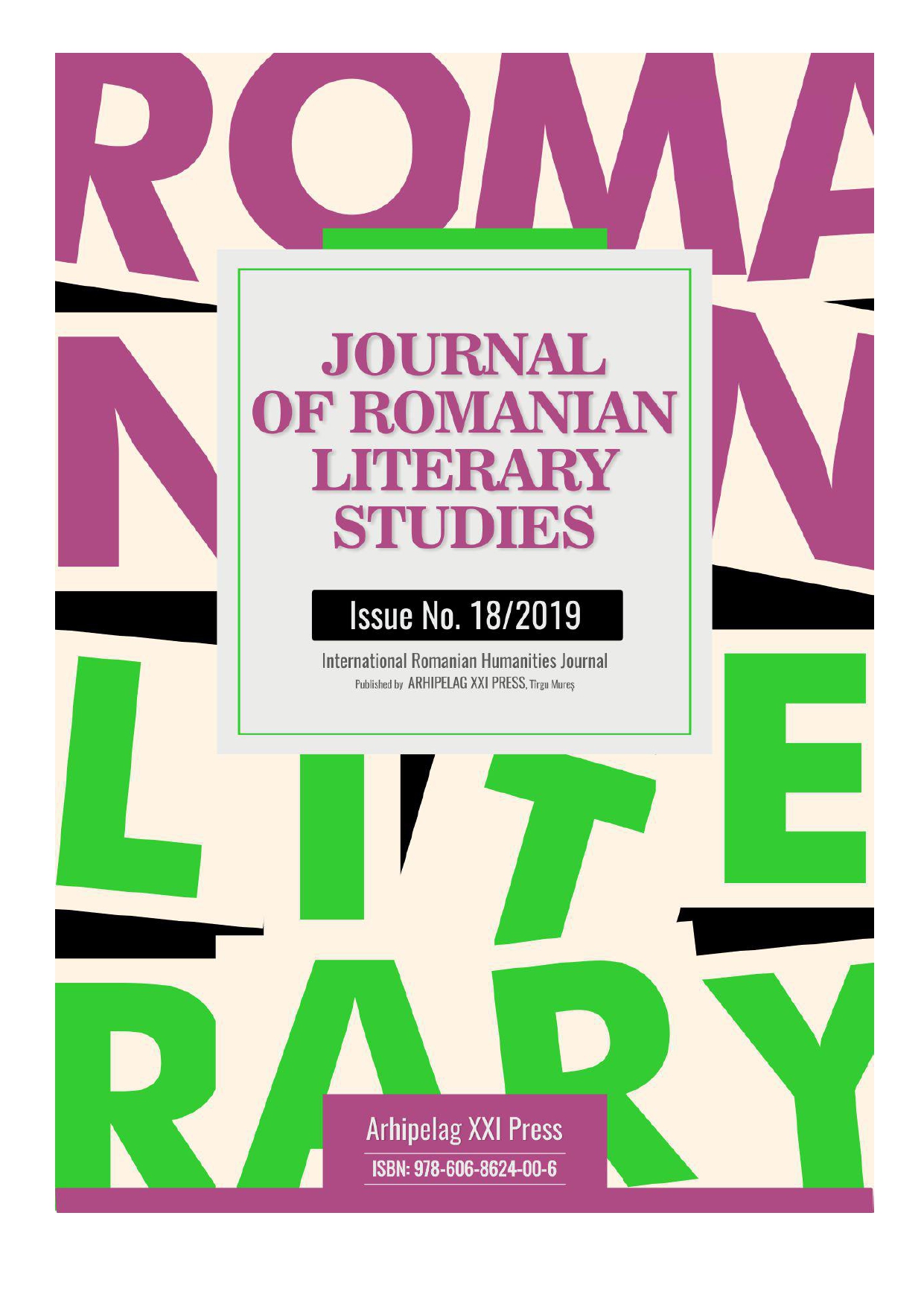THE INTEGRATION OF CONCEPTUAL METAPHORS FROM AN INTERCULTURAL PERSPECTIVE IN TEACHING ROMANIAN AS SECOND LANGUAGE
THE INTEGRATION OF CONCEPTUAL METAPHORS FROM AN INTERCULTURAL PERSPECTIVE IN TEACHING ROMANIAN AS SECOND LANGUAGE
Author(s): Irina DincăSubject(s): Language studies, Foreign languages learning, Applied Linguistics, Descriptive linguistics
Published by: Editura Arhipelag XXI
Keywords: metaphorical competence; cognitive linguistics; conceptual metaphor; Romanian as second language; contrastive analysis;
Summary/Abstract: This paper aims to present the strategies which can be applied to form and develop the metaphorical competence from an intercultural perspective of integration of conceptual metaphors in the process of teaching Romanian as second language. In order to illustrate this complex process of the metaphorical nuances of communication, this approach offers an analysis of some conceptual metaphors which can be associated with the representation of life as a journey. The methodological premises of this approach are offered by the theoretical perspectives of cognitive linguistics about the conceptual metaphor, especially by the studies of George Lakoff, Mark Johnson, Zoltán Kôvecses, Raymond W. Gibbs Jr. The mechanisms of constructing meaning implied by the cognitive metaphor involve the association of two distinct conceptual domains, one being more abstract (the target domain) and the other being closer to the specific aspects of life (the source domain). The metaphorical process is based on the understanding of the target domain, explicit or implicit in the linguistic expression, in terms of the source domain. This approach proves that implicit conceptual metaphors can configurate linguistic sequences which do not seem metaphorical at a superficial level. In this direction, I chose a series of stable structures in Romanian language which can be associated with the conceptual metaphor LIFE IS A JOURNEY and I integrated these linguistic constructions in a questionnaire for some native Arabic students which have reached the B1+ level in the acquisition of Romanian as second language, in order to detect if they have the metaphorical competence to go deeper in the comprehension process, surpassing the strict literal understanding of these idiomatic expressions. In addition to this, in order to determine to what extent these metaphorical structures are universal or culturally specific, I applied a contrastive analysis, putting them in correspondence with their equivalent structures from the native language of the students, as they were detected by the students themselves. This experiment proves that the integration of the conceptual metaphor in the process of teaching Romanian as second language facilitates the comprehension and the conscious and active assimilation of Romanian by the foreign students, developing in the same time the metaphorical, the sociolinguistic and the intercultural communication competences.
Journal: Journal of Romanian Literary Studies
- Issue Year: 2019
- Issue No: 18
- Page Range: 1230-1239
- Page Count: 10
- Language: Romanian

